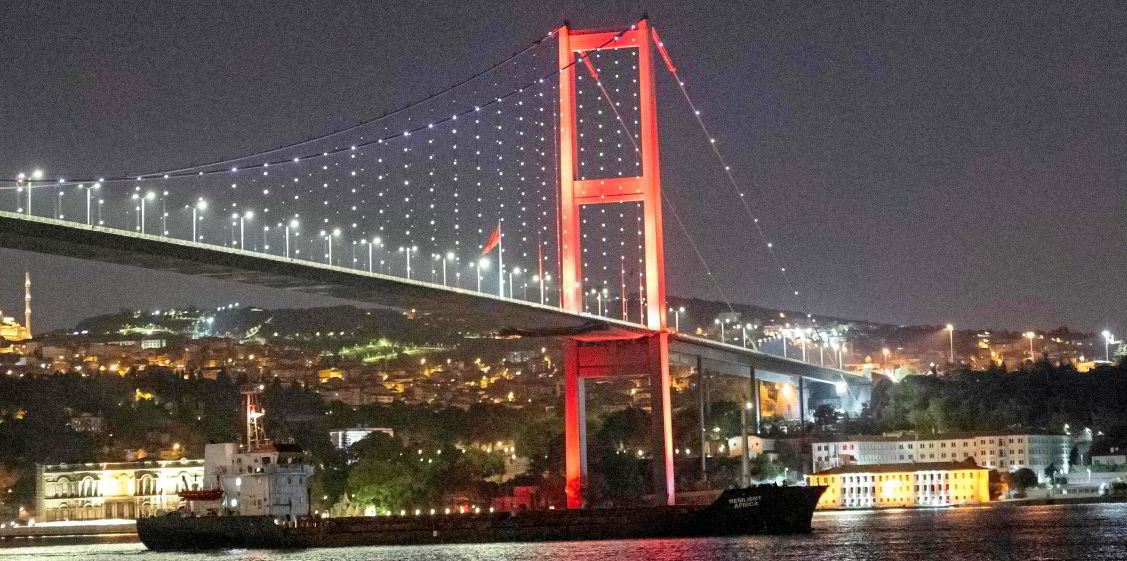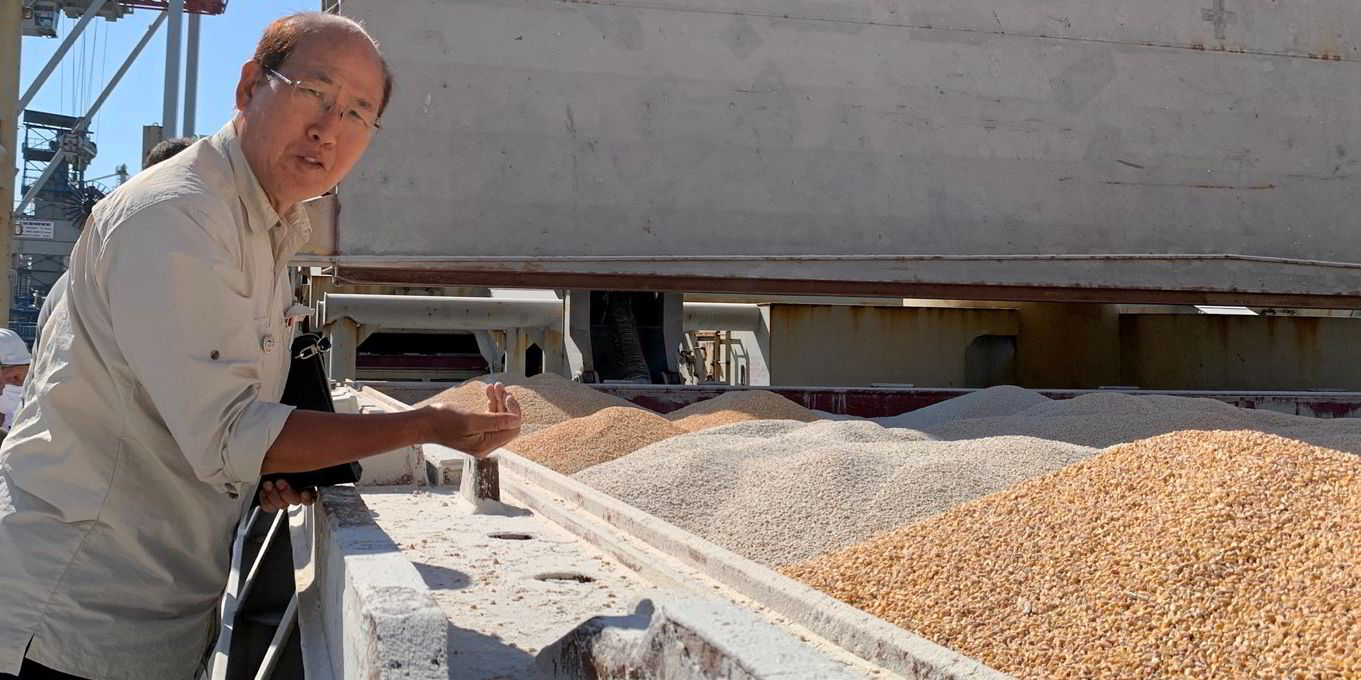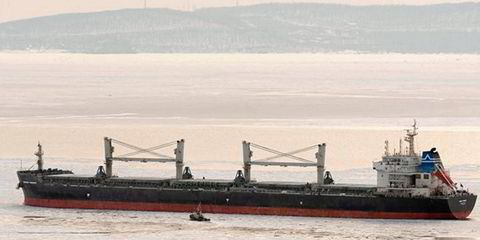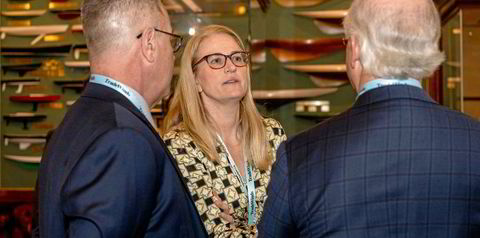Russia’s famed writer of the 19th century, Fyodor Dostoevsky, may have laid the cultural groundwork for the invasion of Ukraine and the chaos it has caused in global trade and shipping markets, it is claimed.
This novel (literally) idea is based on Dostoevsky’s classic work, Crime and Punishment, where the central male character, Raskolnikov, murders two women and while eventually arrested, his fate or punishment — if any — is never made clear.
This, according to Tetyana Ogarkova, host of the podcast Explaining Ukraine, is why there is some understanding if not respect in Russian society for the concept of impunity, crime without punishment.
It’s an intriguing idea but probably won’t send shipowners cancelling their Patrick O’Brian orders in favour of delving into the dark mind of the Moscow-born writer, who also gave us The House of the Dead.
Vladimir Putin and not a few Russians would dispute the depiction of the “special military exercise” being a “crime” rather than a reaction to what they insist is the actions of dangerous Nato-aligned politicians in Kyiv.
But if the invasion is a crime, as most independents would surely agree it is, then it looks like one that indeed is escaping too much punishment thus far. The conflict around the Black Sea has certainly turned the energy and shipping markets upside down and even with increasingly tough Western sanctions, which Kyiv claims has cost the country $100bn in lost oil revenues, Russia is managing pretty well.
The International Energy Agency reports that Kremlin oil export revenues last month were worth more than $17bn — up $1.8bn in July and at their highest levels since October of last year.
My colleague Paul Peachey reports that even though Western interests retreated to avoid breaching price-capped operations, Russia happily moved 75% of its crude overseas without Western insurance.
A growing so-called “shadow fleet” can ship Siberian crude, which is now trading at $78 per barrel, above the $60-per-barrel price cap imposed by the US and other sanctioning parties.
Ukraine is calling for a lowering of the price cap on Russia and a tougher crackdown on documentation to curb the growth in its enemy’s energy revenues, which are funding the war against it. It also wants measures to halt the growth of the shadow or ghost fleet.
Rising oil prices — Brent blend recently breached the $100 mark as did diesel — have been engineered partly by Russia acting with Saudi Arabia to curb production at a time of rising demand.
The global situation for diesel and oil products has also been inflamed by Moscow’s decision last week to halt exports to concentrate refinery runs on providing fuel for shortages, pushing up prices in its domestic market.
Shipbroker Poten & Partners said the loss of Russian exports would worsen global diesel shortages, while those product tankers serving Siberian diesel exports being pushed back into other markets would have an “unknown” impact.
The dislocation of tonnage could be positive in the short term for freight rates, said Poten, as many vessels may be vulnerable to being stopped in European or other ports under vetting procedures or port state control.
Russia is the biggest global exporter of diesel and gasoil, previously shipping around 1m barrels per day.
Growing shadow fleet
Petroleum products used to head mainly into Europe, but since the war, they have tended to go to Turkey, the Middle East and West Africa. In some of these locations, refiners may be using imports to replace domestic barrels that can then be exported in turn at a higher price.
Overall, the shadow fleet serving Russia has tended to be made up of local ship operators who have moved to Dubai or other foreign locations where they have changed corporate name and identity — or set up new businesses and bought secondhand tonnage — hence plenty of action in the sale-and-purchase markets.
But the institutionalisation — as it may be considered — of this new fleet may be stepping up with rumours of newbuilding contracts to serve the needs of Russian exporters.
Lars Barstad, the chief executive of Frontline, told a conference in Oslo last week, that he suspected 12% to 15% of the global suezmaz and VLCC fleet were already engaged in Russian trades and questioned whether they should be regulated out of existence.
That might be a crime and punishment for the Kremlin.






